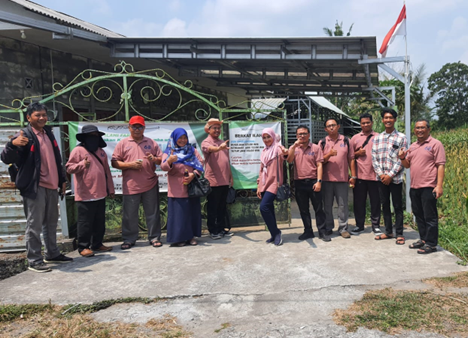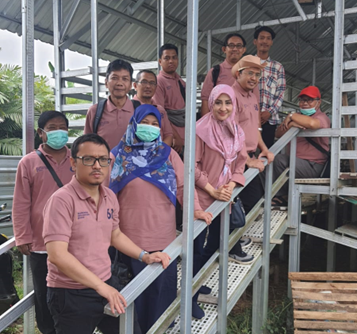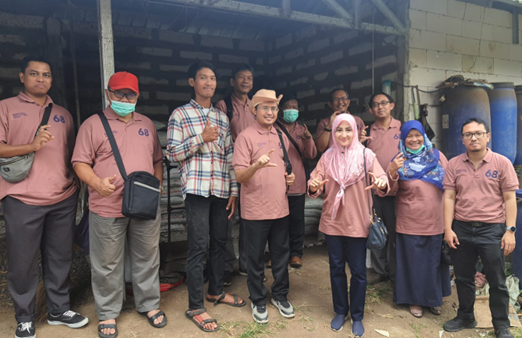Yogyakarta – In the effort to maintain environmental sustainability and reduce the negative impacts of climate change, innovation continues to be a crucial key. One innovation that has garnered attention is the development of charcoal briquettes based on goat manure. By utilizing organic waste and reducing the use of wood as a charcoal source, this solution has significant potential to become a more environmentally friendly alternative for charcoal production.
As part of the implementation of the Tri Dharma of Higher Education, the Physical Chemistry Laboratory of the Faculty of Mathematics and Natural Sciences (FMIPA) at UGM plays a role in environmental preservation through innovative development. In this regard, the laboratory has conducted community service activities with the title “Goat Manure-Based Charcoal Briquettes at CV. Berkat Ilahi Farm, Yogyakarta.” Organic waste, such as goat manure, holds untapped potential. Through the proper processing, goat manure can be transformed into raw material for producing charcoal briquettes. This approach not only addresses environmental pollution issues related to waste management but also helps reduce the pressure on ecosystems caused by deforestation for firewood.
The team led by Mokhammad Fajar Pradipta, M.Eng, has successfully carried out the activity. Together with members of the Physical Chemistry Laboratory team, they conducted a visit on August 27, 2023. Full support from CV. Berkat Ilahi Farm was a key factor in the success of the goat manure-based charcoal briquette production program. This development of a sustainable solution has significant positive impacts, not only on the environment but also on waste management and the livelihoods of farmers.
In a statement, Mokhammad Fajar Pradipta expressed, “The development of goat manure-based charcoal briquettes is not just an innovation but also a tangible step in supporting the environment and contributing to organic waste reduction. We hope that this solution can serve as an inspirational model for other communities to adopt sustainable practices.”
Advancements in the development of goat manure-based charcoal briquettes have the potential not only to reduce negative environmental impacts but also to provide economic and social benefits. Solutions like this are a real reflection of sustainable efforts that can lead communities towards a greener and more sustainable environment.
With the support and cooperation between educational institutions, the business sector, and the community, innovations like the development of goat manure-based charcoal briquettes offer increasing hope for a brighter future where environmental sustainability is no longer just a dream but a reality that can be achieved through collective efforts.



